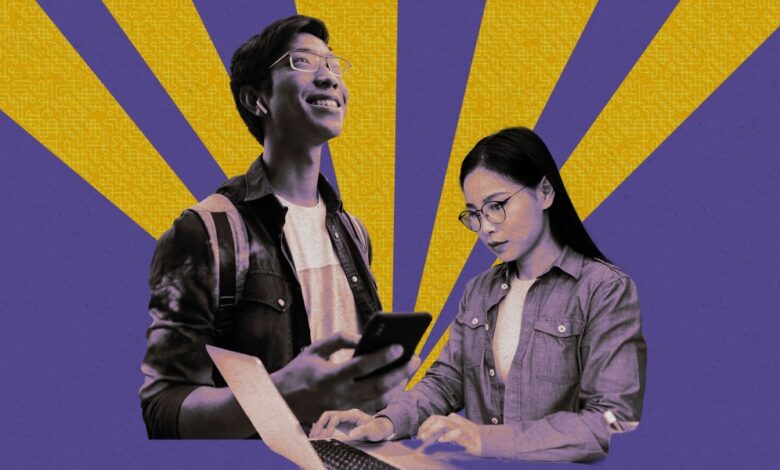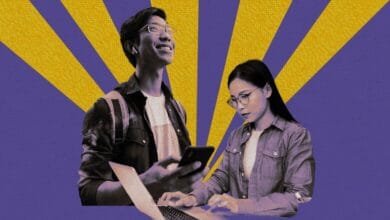Chinese Universities Encourage AI Adoption Among Students

▼ Summary
– Western educators often view AI as a threat to manage, while Chinese classrooms treat it as a skill to master.
– China’s DeepSeek AI model is increasingly seen as a source of national pride, shifting focus from academic integrity concerns to AI literacy and productivity.
– A Stanford report found 80% of Chinese respondents are excited about AI, compared to 35% in the US and 38% in the UK.
– Chinese enthusiasm for AI stems from a long-standing belief in technology as a driver of national progress, dating back to the 1980s.
– Chinese professors like Liu Bingyu encourage AI use for tasks like drafting abstracts and generating charts, emphasizing smart prompting and human judgment.
Chinese universities are embracing artificial intelligence as an essential skill rather than viewing it as an academic threat, reflecting a broader cultural enthusiasm for technological advancement. This proactive approach contrasts sharply with the cautious stance often seen in Western institutions, where concerns about cheating and originality dominate discussions.
The difference in perspective becomes especially clear when examining public opinion. Recent research from Stanford University reveals that Chinese citizens show significantly more excitement about AI innovations compared to their Western counterparts. Nearly 80% of Chinese respondents expressed enthusiasm for emerging AI tools, while fewer than 40% in the U.S. and U.K. shared the same optimism.
Experts point to historical context as a key factor shaping this mindset. China has long viewed technology as a catalyst for national progress, a belief reinforced by policies dating back to the 1980s. Fang Kecheng, a communications scholar, notes that this cultural outlook helps explain why AI adoption is met with such widespread approval rather than skepticism.
Rather than banning AI outright, many Chinese professors now integrate it into their teaching methods. Liu Bingyu, a law professor, treats AI as a versatile assistant, capable of aiding research, refining drafts, and even playing devil’s advocate in debates. Her university actively promotes responsible AI usage, providing students with guidelines to maximize its benefits while avoiding pitfalls.
Liu emphasizes that while AI can streamline tasks like summarizing literature or organizing data, human oversight remains irreplaceable. She teaches students how to craft precise prompts and critically evaluate AI-generated content, reinforcing that the tool’s effectiveness depends entirely on the user’s judgment. This balanced approach ensures students develop both technical proficiency and independent thinking, a combination increasingly valued in today’s workforce.
(Source: Technology Review)


